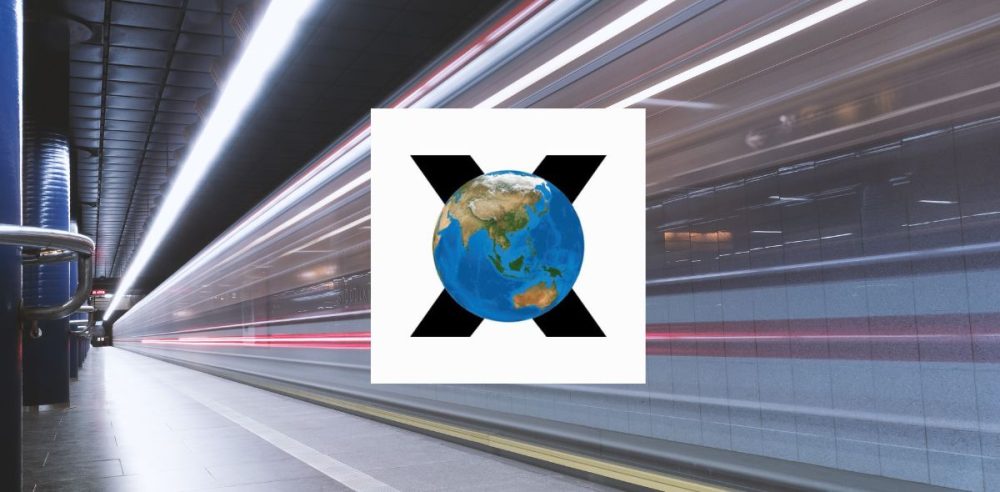Three elected executives from some of the largest localities threw their support behind an embattled and highly debated project at Dallas’ EarthX conference on April 21.
The topic on everyone’s mind was high-speed rail from Dallas to Houston, with possible stops in Arlington, Fort Worth and Austin. “We don’t have a history of giving up,” Dallas County Judge Clay Jenkins said.
Arlington Mayor Jim Ross followed this sentiment: “Are you out of your mind?” Ross asked rhetorically. “Everybody needs high-speed rail.” His statement was punctuated by applause from attendees.
Fort Worth Mayor Mattie Parker said the future favors a high-speed rail project. “I still think you are going to see a shift on these policy issues.”
Their comments were predicated upon a recent announcement that federal officials revoked a roughly $64 million planning grant for the proposed bullet train between Dallas and Houston, citing ballooning project costs.
President Donald Trump’s Transportation Secretary Sean Duffy said that the Federal Railroad Administration (FRA) and Amtrak agreed that the funding was “a waste of taxpayer funds and a distraction from Amtrak’s core mission of improving its existing subpar services.”
“The Texas Central Railway project was proposed as a private venture. If the private sector believes this project is feasible, they should carry the pre-construction work forward, rather than relying on Amtrak and the American taxpayer to bail them out. My department will continue to look for every opportunity to save federal dollars and prioritize efficiencies,” Duffy said.
Nevertheless, Jenkins indicated that the project would proceed. The judge said that the high-speed rail developers are adjusting to no or reduced government help and are continuing to purchase land privately.
Jenkins and Parker made echoic points on the project’s merits. Jenkins said the arguments against the rail resemble those made against DFW Airport, adding that the rail “will favor Arlington or it will favor Fort Worth,” when, in reality, he said it benefits everyone.
Parker explained that the “success of DFW is… linked to DFW Airport,” arguing that the railway will also bring economic stimulus to the region. She also said it would reduce pollution and help with road congestion and public health.
Ross felt the opponents of the rail are overly cozy with special interests and the “oil and gas industry [that] lines their pockets.”
However, some opponents to high-speed rail do not come from the oil and gas industry. Some of the Dallas-Houston rail opponents come from agriculture, a group Parker nodded toward in her remarks.
“We do not believe this will ever be a viable project, but this latest reincarnation can’t be ignored,” said Rancher Barbara Miles in a press release from the Texas & Southwestern Cattle Raisers Association in 2024. “For us, protection of property rights means never letting our guard down when it comes to those who are intent on taking them from us, no matter how remote the possibility.”
The association said that more 1,700 landowners would lose property to the rail’s construction.
“As a state, nation and world, we can’t afford to have agricultural production taken away at that rate,” said Texans Against High-Speed Rail Executive Director Desi Burns Porter.


